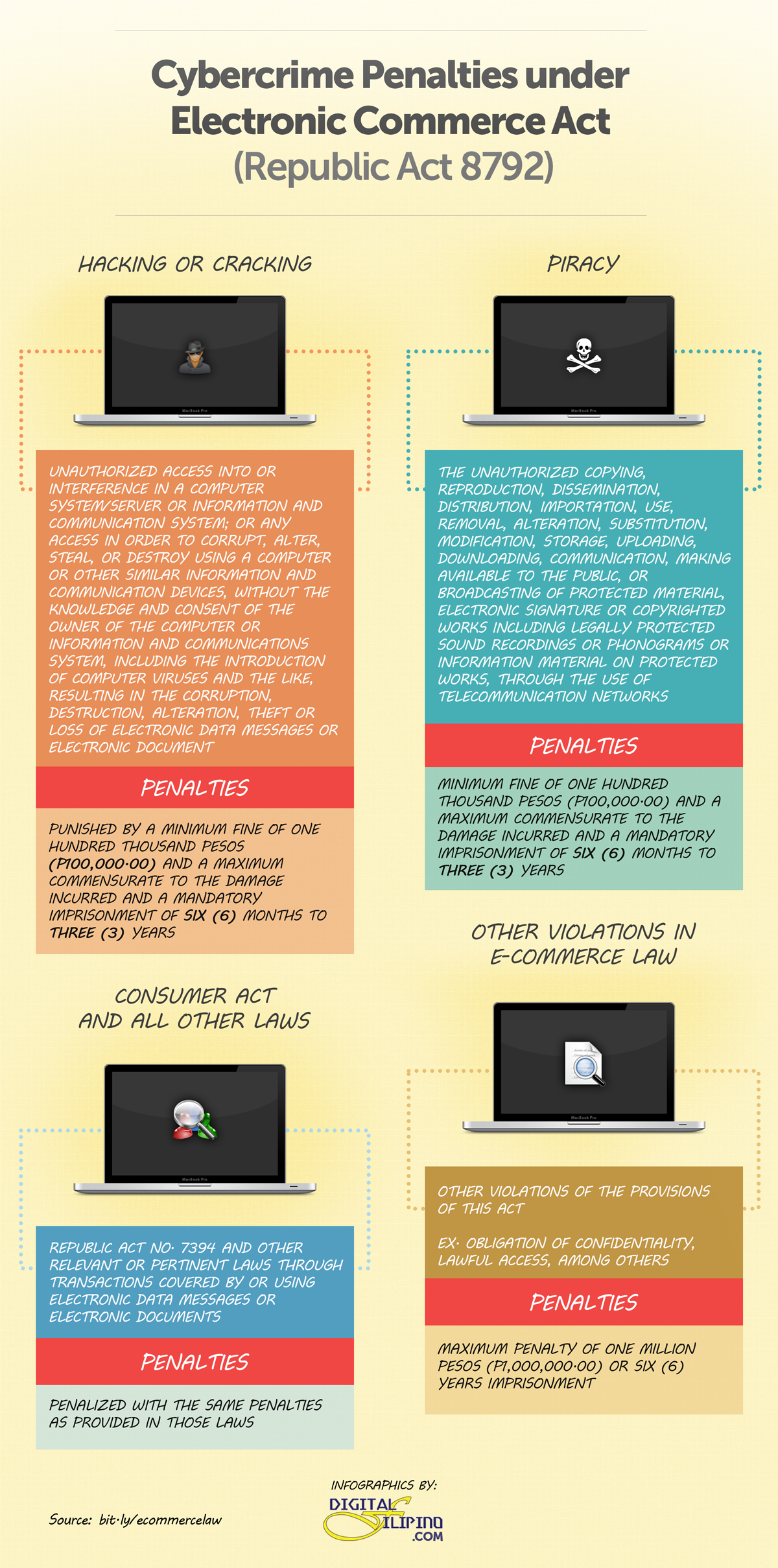Artificial Intelligence in Digital Marketing
The advent of ChatGPT has initiated transformative waves across industries, reshaping practices from coding to language translation. In homes and professional settings alike, discussions abound over the benefits, potential, and concerns surrounding AI innovations.
Impact on Consumer Experience
AI dramatically influences consumer interactions in digital marketing, notably through personalization. Chatbots and AI-driven tools are redefining customer engagement, yet they face challenges in grasping complex human and cultural contexts, and they lack the innate creativity and empathy of human marketers.
Globally, the adoption of AI in marketing varies, influenced by differing regulations across countries. This variability necessitates a keen understanding of cultural nuances, an aspect AI may not fully grasp yet.
The impact of AI tools has significantly influenced discussions among freelancers and agencies, particularly concerning long-term effects on the profession. While promising efficiency and innovation, AI also raises important questions about job security and ethical practices.
During one of my recent social media marketing workshops in Zamboanga, a thought-provoking question emerged: “Is it ethical to publish an entirely AI-generated newspaper column?” This question mirrors concerns in the educational sector, where educators observe an increasing reliance on applications like ChatGPT by students for academic writing. Such dependencies raise alarms about potential losses in individuality, critical thinking, and authenticity in written communication.
AI’s Role in Marketing
My participation in Dashcon, hosted by the Cebu-based startup DashoContent, offered insights into AI’s growing role in marketing. The founder, Fleire Castro, champions the utilization of AI to enhance content creation, particularly for marketing purposes.
For small and medium-sized businesses (SMBs) operating on limited budgets, Castro underscores the dual role of AI in augmenting and automating processes to maximize resource efficiency. Drawing from her experiences as a startup leader, she leverages AI tools like Perplexity AI, ChatGPT, and Midjourney for tasks ranging from research to brainstorming. These tools support marketers and entrepreneurs in effectively translating their vision to their teams.
Castro also employs AI to analyze customer behavior trends. By integrating this data with personal observations, business leaders can make informed decisions about targeting specific customer segments.
Ethical Guidelines and Standards
However, the integration of AI is not without challenges. Ethical issues, especially concerning user data and privacy, are on the rise. Castro emphasizes the need for cautious data handling when employing large language models like ChatGPT. She suggests using enterprise-level accounts as a measure to address privacy concerns.
As AI becomes more prevalent, adhering to ethical guidelines is paramount. There should be transparency in AI Operations making AI processes understandable to users. We also need to protect consumer data and gain consent for their information to be further processed with AI. Unless synthetic data shall be used to hide user identity.
Given the potential for inaccuracies with AI tools, Castro advocates for a structured framework for their responsible usage. For example, at DashoContent, the implementation of the DashoContent Responsible AI Policy ensures ethical AI utilization.
Measuring AI’s Effectiveness in Marketing
The key question remains: How should the effectiveness of AI-driven digital marketing campaigns be measured? To Castro, AI is a facilitator, not an end goal. She advises evaluating AI’s utility based on its capacity to speed up processes, improve content quality, and reduce errors. The ultimate test lies in whether AI-assisted campaigns yield quicker, more impactful results.
Future Trends and Skills Development
Looking to the future, DashoContent’s product team is excited about exploring natural language processing for brand voice recognition and utilizing generative adversarial networks for data training. This ambition points to a future where AI, even in unsupervised settings, can produce authentic data, thereby enhancing both AI models and human efficiency.
Castro contends that as AI approaches cognitive abilities comparable to humans, adaptation and evolution are imperative. She asserts DashoContent’s readiness to leverage AI’s transformative potential in digital content marketing.
To thrive in an AI-integrated marketing landscape, professionals must cultivate a unique set of skills including understanding the basics of AI operations and applications, interpreting data outputs from AI tools for strategic decisions, and leveraging AI for creative campaigns while ensuring human ingenuity remains at the forefront.
Conclusion
The future points towards more advanced AI applications including voice and visual recognition enhancing personalized marketing strategies. There is also AI-powered content curation where AI is used to develop dynamic content strategies based on real-time data.
AI’s role in digital marketing is marked by innovation and challenges. As the industry navigates these complexities, professionals must equip themselves with the necessary skills and a deep understanding of ethical considerations. Marketers must be vigilant in recognizing AI’s limitations and its impact on consumer experiences.
Embracing AI in digital marketing requires a balanced approach, blending technology with human creativity and ethical practices. As AI continues to evolve, staying informed and adaptable will be essential to harnessing its potential effectively.



Leave a Reply